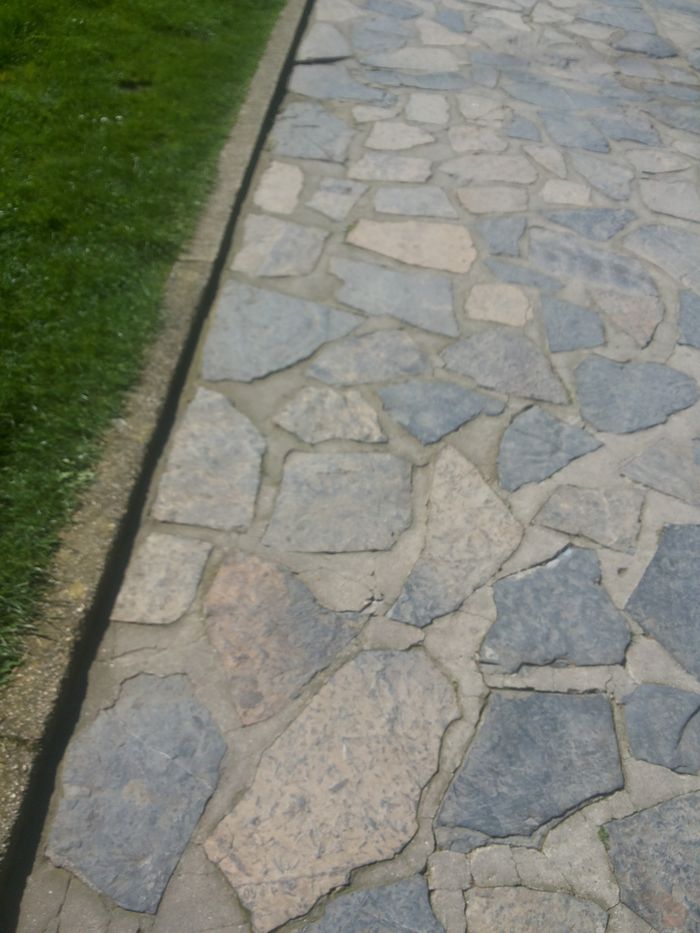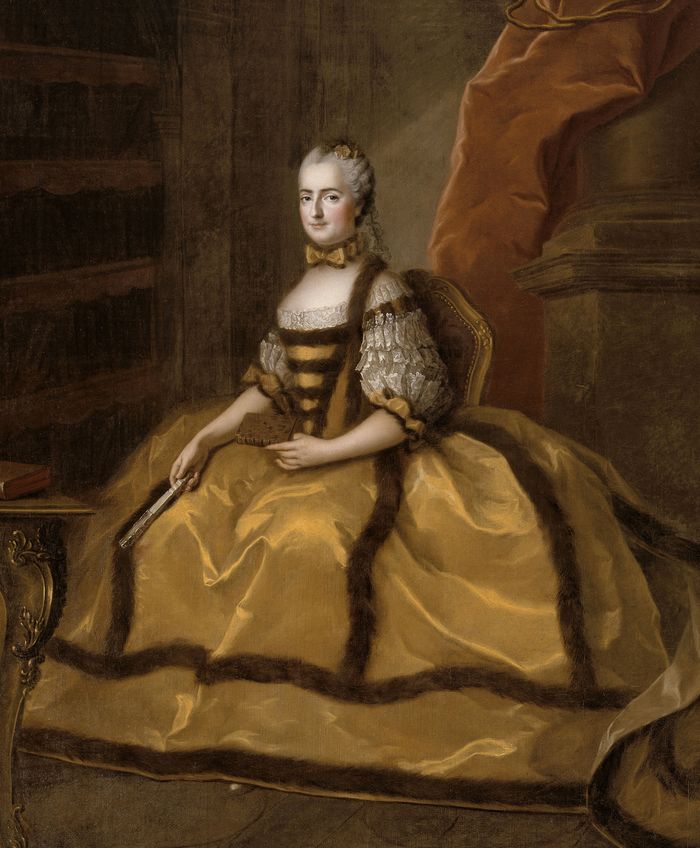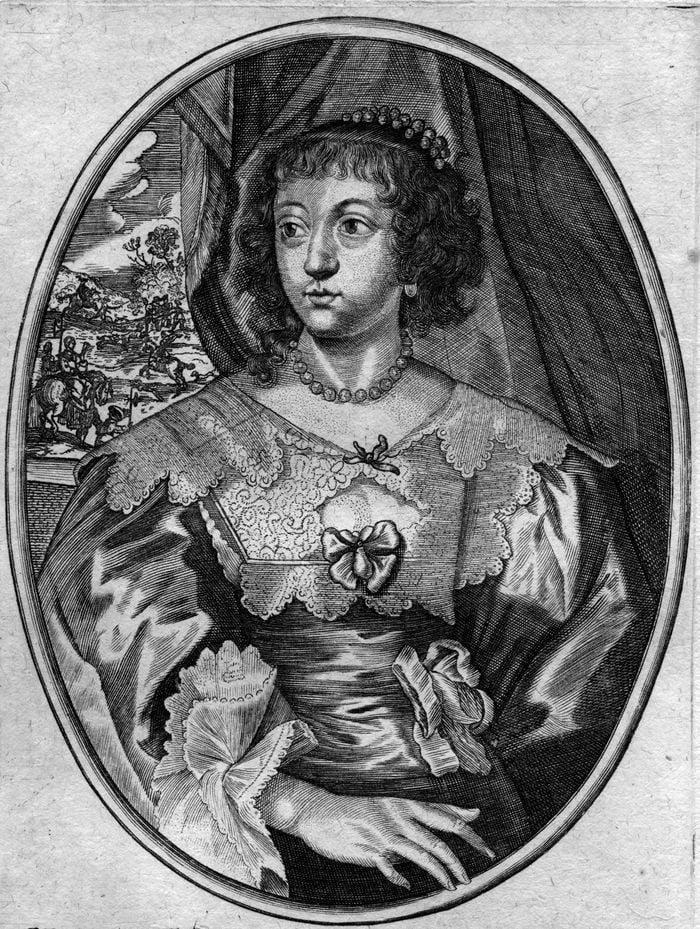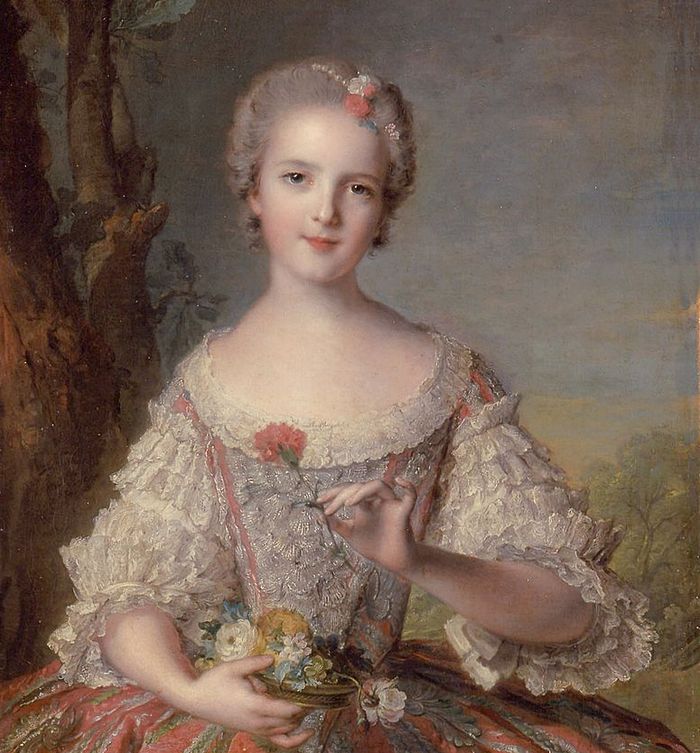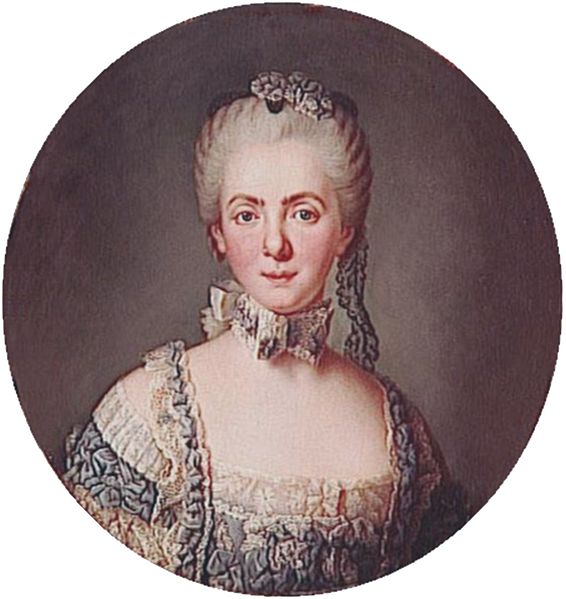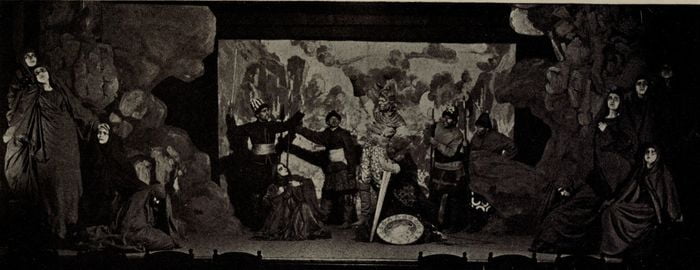Report of his Mission to Constantinople part 4
But on the eighth day before the Ides (June 6), on the Saturday before Pentecost, I was led into the presence of his brother...
Report of his Mission to Constantinople part 3
It was upon the princess Theophano that the hopes of the emperor were fixed, and it was thought that Nicephorus would give Apulia and...
Report of his Mission to Constantinople part 2
Nevertheless, in the mid-tenth century the productive hinterland of Constantinople was no longer trampled under the boots of Bulgarian troops. Perhaps the most significant...
Report of his Mission to Constantinople part 1
Byzantine Relations with Northern Peoples in the Tenth Century
Introduction
Byzantine relations with Bulgaria were complicated in the early years of the tenth century: more complicated...
The Higher The Flight, The Lower The Fall part 1
Holland
Introduction
Until comparatively recent times Holland has not produced very much in the way of short stories. Before the beginning of the modem period, and...
The Lay of the Two Lovers part 5
When the maiden saw her lover`s piteous plight, she deemed that he had swooned by reason of his pain. She kneeled hastily at his...
The Lay of the Two Lovers part 4
Yea, with public cry and sound of trumpet he bade all who would, come to behold the stripling carry his fair daughter to the...
The Lay of the Two Lovers part 3
Doubt not that she will dis¬cover some cunning simple, that will strengthen your body, as well as comfort your heart. Then return to this...
The Lay of the Two Lovers part 2
When this news was noised about the country, many came upon the quest. But strive as they would they might not enforce themselves more...
The Lay of the Two Lovers part 1
Marie De France (About 1150—1200)
All that is positively known of the author of this Lay is that she wrote in Norman French, that her...



